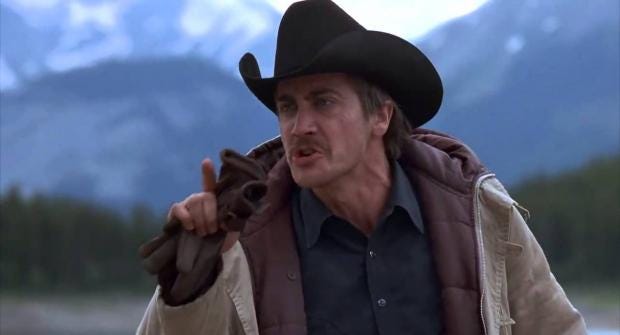I Wish I Knew How To Quit You
A note on Twitter and social movements.
For those of us who have been active in movement waves:
Twitter has helped us connect, organize, and skill share. Showed up late to a march and wanted to find out where everyone was? Search the relevant hashtag. Wanted to know the best way to care for teargas exposure? Comrades in Palestine tweeted exactly what to do. It allowed those who weren’t able to be in the streets or who lived elsewhere to provide tactical support, like listening to the police radio and tweeting out their locations.
Twitter became the most engaging it had ever been for me during the Ferguson unrest. I was glued to my feed, watching livestreams and videos of what was happening, and reading report backs from those on the ground. It was also through Twitter and hearing from folks there and from experiencing what was happening in LA that I witnessed co-optation happen in real time. And through Twitter I was able to see people fight back against the co-opters, @ing them and calling them out publicly so others could see.
During that time I also began to self-publish my writing and found affinity with people on Twitter from around the world. People who shared a desire to see capitalism end, who were anti-authoritarian. It was here that I began to fill the void from losing the community I had found in Occupy. And unlike Facebook, the people I interacted with on Twitter were intentional about their political beliefs. Some of the closest people now in my life offline are people I met on this website. People I probably wouldn’t have had the opportunity to meet elsewhere.
The heydays are long gone and so are the important roles Twitter played in building political bonds and shaping movements. It has become more of a safe haven for right wing agitators emboldened by a billionaire narcissist. Anarchists and other lefty accounts are being targeted for bans. Two of my Twitter accounts were targeted for harassment as well.
Twitter is often given credit for social movements, but in this narrative it is erroneously treated as an actor instead of a tool. Twitter and social media overall have been useful for those of us in the movement, but it’s also been turned against us by the state. It knows how we will use it, so they have used it against us.
Many of the federal prosecutions against protesters from the 2020 riots were based on incriminating information that defendants themselves posted on social media. Twitter can also act inadvertently as a snitch platform, and one of the downsides of having very public conversations about our radical ideals is that we mark ourselves as targets. That’s the risk we have all chosen to tolerate. Is the spread of propaganda, building relationships, and sharing real time updates worth the exposure? Will anybody have our backs when it’s used against us? And when does it stop being about the spread of information and become more of an individual ego boost—dosed by every like and retweet?
In the U.S., Twitter has become a shell of its former self. Too many people have accumulated massive followers, creating an echo chamber of political ideas and clout chasing. Whether or not Twitter goes bankrupt because of Elon’s own doing or it’s able to survive, the Twitter we knew in the 2010s is dead.
Whatever happens I know that the movement will continue to adapt and maybe this can be the push we need to start gathering more together IRL, and to use other online tools that aren’t monetizing and collecting our data.
In actuality it was quite foolish of Elon to destroy Twitter in its old form. It was keeping us docile. Hit a retweet, pat myself on the back because that’s solidarity baby. Upset with a company or politician, just @ them with some spicy take. Now without that what will we do? Start assemblies? Replace the angry Tweet with an angry mob at their doorsteps?
The world is our oyster and the opportunities are endless! We've been playing in the matrix for too long. The movement needed this. I needed this. Solidarity has to mean more than just “bringing awareness” and donating to crowdfunds. What better way to support people in Iran rising up against their authoritarian government than to do the same ourselves in our countries.
Look I know for many of us who have been active the last decade Twitter has been a (somewhat) safer place to discuss our politics and build relationships based off of our political affinity. Movement spaces offline can be alienating, dysfunctional, and replicate the same oppressive systems that exist everywhere else. It’s not so much that I’ve turned into an armchair activist as much as it’s that I’ve been in recovery.
But, maybe it’s time for me to put my toes back in the ocean again. If I’m ever going to live in the kind of world I want then I’m going to have to fight for my right to live in it. Which annoyingly means fighting with some of you in person. Outside and masked up of course.



